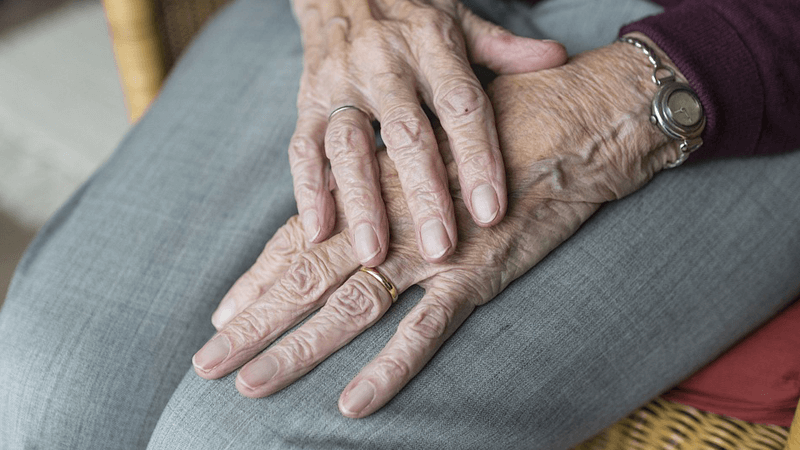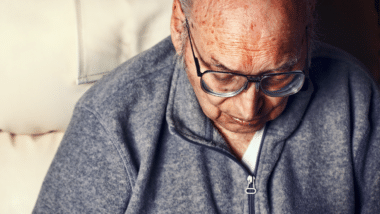Allowing elderly people to seek medical help to kill themselves will benefit society by saving money, a newspaper columnist has claimed.
Advocating a utilitarian approach to a change in the law, The Daily Telegraph’s Sherrelle Jacobs argued that legalising assisted suicide would leave families and the NHS “financially better off”.
She also suggested that removing end-of-life protections for the vulnerable presented a solution to the challenges presented by an ageing population.
Cost
Jacobs wrote: “The taboo that nobody dares to articulate is that assisted dying will leave society financially better off. The NHS spends most of its resources on palliative care for people in the final six months of their life.”
She added: “Assisted dying will also help people protect their family wealth. Those who are being forced to spend savings and sell assets to pay for end-of-life care will at least have an alternative option.”
Surely, the columnist suggested, “leaving a parting gift” would prove “more precious than another few months in a hospice bed”.
Expansion
The columnist went on to state: “The fact is that there may well be justification to expand the law in time, not due to mission creep but technological advancement.
“AI-powered medical progress favours breakthroughs in life extension over those in chronic illness.
“We are thus more likely to see the rapid development of precision cancer treatment medicine than we are cures for crippling diseases such as Alzheimer’s or multiple sclerosis.”
Arguing that “society may soon be faced with a large number of very old people eking out miserable and painful lives”, she suggested that heeding “the wishes of some of these people to die” would ease the burden of care on the NHS.
Collateral damage
Jacobs also accepted that some may be “pressured into killing themselves” or feeling “compelled to do so out of inadequate welfare support”.
“But the fact is that when a society decides on a moral principle, this always carries with it acceptance that collateral evil will ensue.”
She said: “There is also something quite cruel about a society that will deny what the mind wills but the weakened body cannot execute, lest it have the death of the ‘vulnerable’ on its conscience.”
Hopelessness
Writing in a similar vein in April, The Times columnist Matthew Parris boasted that he would “welcome” the social and cultural pressure brought upon the elderly and infirm “to hasten their own deaths” under an assisted suicide law.
In response to the article, The Christian Institute’s Ciarán Kelly said: “Parris casts fresh light on an attitude that applauds such proposals. It affords a stark glimpse of a mindset that abandons the ‘compassion’ arguments altogether in favour of a position we all instinctively know is wrong.”
“Here is the reality of a law which grants state assistance to vulnerable people who want to commit suicide: abandonment instead of care.
“Today, if a frail person feels themselves a burden, society says ‘we will carry you’. If they feel life is giving more pain than pleasure, we offer hope, comfort and a little joy. Instead, the assisted suicide narrative is one which devalues people and pressures them to die.”
Brits fear Leadbeater Bill will push vulnerable patients to end lives early
Poll: Even those who back assisted suicide worry about coercion
‘We must fight assisted suicide to protect our most vulnerable’



